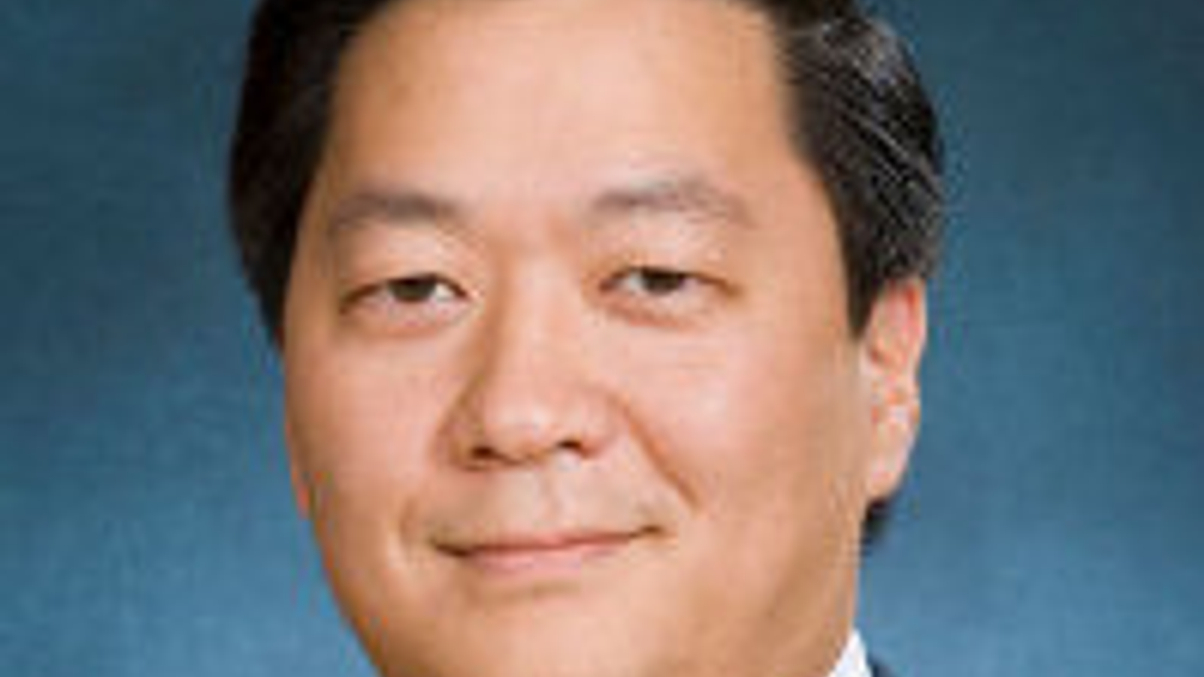KKR among PE firms piling into Japan
Kohlberg Kravis Roberts points to a number of appealing prospects for private equity investors in China and Japan.

Global investor interest is rekindling in Japan’s private equity markets, with large firms such as Kohlberg Kravis Roberts looking to raise money in the country.
Sign in to read on!
Registered users get 2 free articles in 30 days.
Subscribers have full unlimited access to AsianInvestor
Not signed up? New users get 2 free articles per month, plus a 7-day unlimited free trial.
¬ Haymarket Media Limited. All rights reserved.


